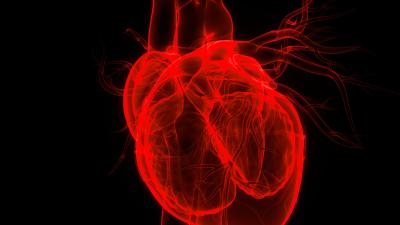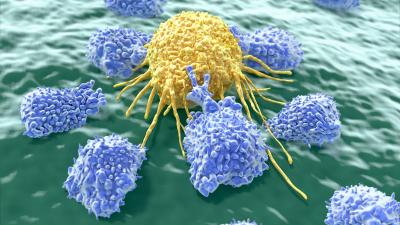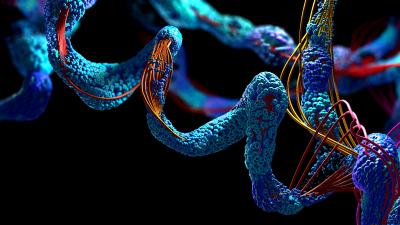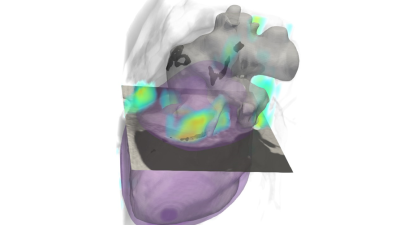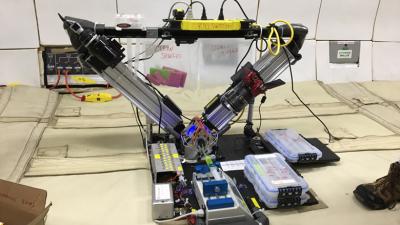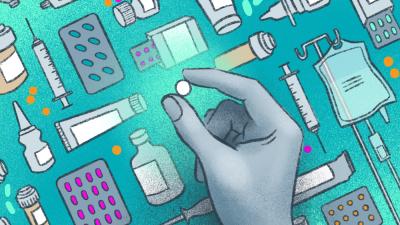FBI Honors Rensselaer Polytechnic Institute President Shirley Ann Jackson
Rensselaer Polytechnic Institute President Shirley Ann Jackson was recognized by the Federal Bureau of Investigation (FBI) for her outstanding contributions to the community. FBI officials presented President Jackson with the FBI Albany Division’s 2020 Director’s Community Leadership Award at a ceremony on Tuesday.


